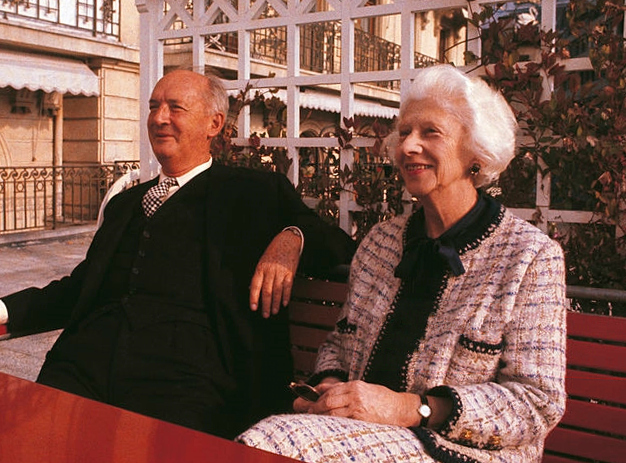

Moving from one teaching job to another-Stanford, Wellesley, Harvard, Cornell-gave Nabokov, Vera, and their son ample opportunity to mount butterfly-hunting expeditions that resulted in a huge collection, which Nabokov donated to the American Museum of National History. Although the friendship eventually ended in bitterness, Roper sees the two men as kindred spirits: “literary out to their fingertips, contentious know-it-alls sons of upper-class families, their fathers distinguished jurists involved in politics lovers of Proust, Joyce, Pushkin.” Because of Wilson’s stewardship, Nabokov found that “cultured, powerful people were magically available to him.” Fame, though, did not come quickly. Foremost among Nabokov’s new American friends was eminent literary critic Edmund Wilson, a trusted reader, who was instrumental in forging publishing connections.

Drawing judiciously on Brian Boyd’s Vladimir Nabokov: The American Years (1991) and Stacy Schiff’s biography of Vera Nabokov (1999), as well as the writer’s correspondence, Roper illuminates such works as Pnin, Speak, Memory, and Pale Fire. Now the Drum of War: Walt Whitman and His Brothers in the Civil War, 2008, etc.) traces the trajectory of his career, friendships, and family life, as well as his indefatigable passion for butterflies.

In this fresh and engaging biography, biographer, novelist, and critic Roper (Writing and Film/Johns Hopkins Univ. Two decades later, after the American publication of Lolita in 1958, he returned to Europe a literary star. When Vladimir Nabokov (1899-1977) arrived in New York in 1940, fleeing war-torn Europe, he was a struggling writer who hoped to make a living from college teaching.

The Russian writer chased butterflies, and fame, in America.


 0 kommentar(er)
0 kommentar(er)
